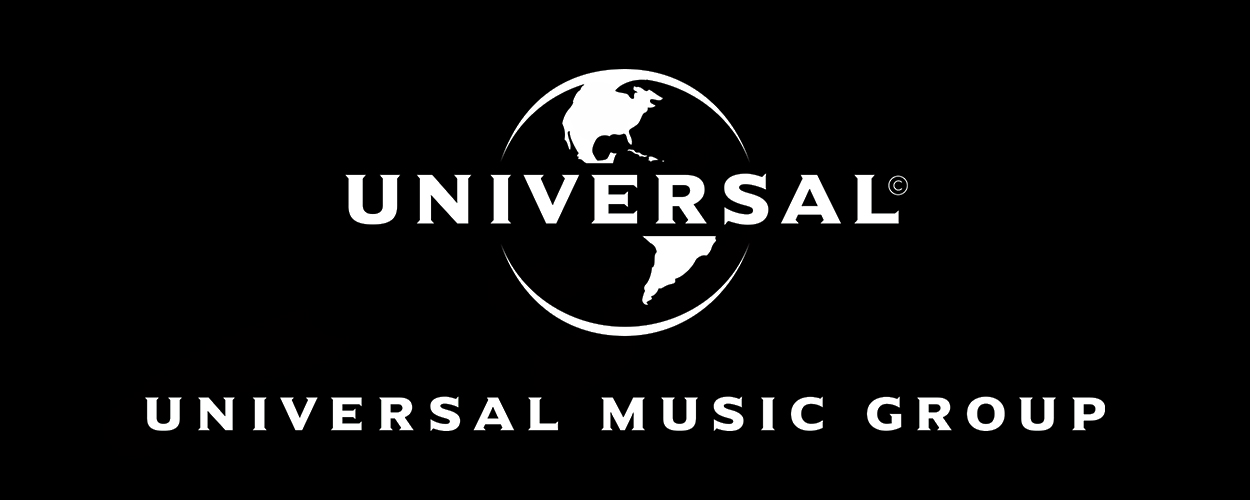This website uses cookies so that we can provide you with the best user experience possible. Cookie information is stored in your browser and performs functions such as recognising you when you return to our website and helping our team to understand which sections of the website you find most interesting and useful.
Business News Labels & Publishers
Tencent and KKR expected to bid for a slice of Universal Music
By Chris Cooke | Published on Friday 1 March 2019

The recently publicly listed Tencent Music and investment firm KKR are both possible bidders to buy the slice of Universal Music that current owner Vivendi has been informally shopping around since last summer.
After much speculation, French conglom Vivendi confirmed last July that it was interested in selling up to 50% of Universal Music. There has been much chatter ever since about possible bidders, with Vivendi’s bankers due to open formal talks with interested parties later this month. But sources have told Reuters that both Tencent and KKR are definitely interested.
Now that Chinese tech giant Tencent has spun off its music division as a standalone entity, a number of strategic acquisitions are expected to follow. Taking a significant share of the world’s biggest music rights company would be quite a statement of intent, though Reuters’ sources say that Vivendi is more interested in a silent partner that wouldn’t want to be so actively involved in setting Universal’s strategic direction, which might not work for Tencent.
An investment fund like KKR would make more sense if that’s what Vivendi desires. KKR was Bertelsmann’s partner when it launched the v2 BMG company back in 2009 and it that scenario it was happy to allow its business partners, with their expertise in media and entertainment, to appoint the joint venture’s management team.
As talks of the equity sale escalate, there has been much speculation and hype about the possible valuation of the Universal music business, which includes the world’s biggest record company, second biggest music publisher and merchandise powerhouse Bravado. Vivendi hopes that, with streaming continuing to boom and the major labels being massive beneficiaries of said boom, Universal Music’s valuation can continue to be hyped up high.
Though savvy investors will be aware of the slow shift in the balance of power between the major music companies and the few dominant streaming firms on which they are now incredibly reliant. Each time a streaming deal comes up for renewal, services like Spotify drive harder bargains. Though optimists at the labels hope that there will be enough other serious players in streaming long-term – like Apple, Amazon and some key regional services – to even things out at the negotiating table.
Then there’s also the fact that label and especially publishing contracts have been slowly skewing in favour of artists and songwriters over the years, so that the majors’ control over newer catalogues is not as wide-ranging as with music released in the 1960s, 1970s and 1980s. Meanwhile, important lawsuits testing the termination right in US copyright law could as yet reduce the majors’ control over older songs and recordings in the all-important American market.
Still, big numbers are being thrown around, with Reuters reckoning that Vivendi could get around $23 billion for half of the Universal music company. Which would be nice. For them.





